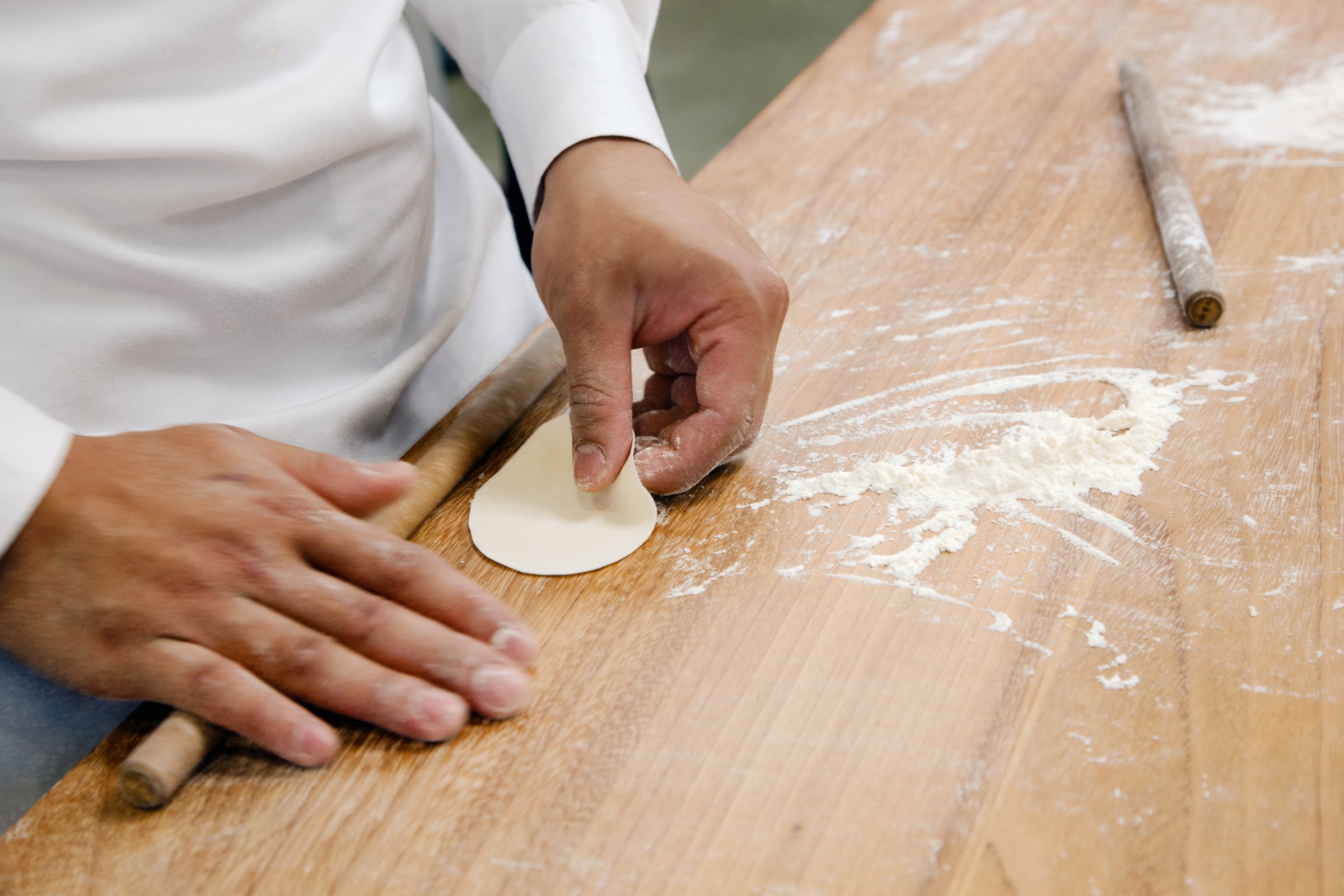
McDonald’s “artisan” chicken sandwich would never fly in Ireland. Because according to the country’s new legal definitions of the word, that sandwich would have to be a limited-quantity, locally grown commodity made at a single location with a traditional recipe. (Artisan, in other words.)
The Food Safety Authority of Ireland (FSAI), which bills itself as the Irish version of the FDA, is cracking down on labeling with new, crystal-clear definitions of food terms often abused by the food industry: artisan, farmhouse, traditional and natural.
It took them two years to agree on definitions for four terms: a length of time that even surprised Dr. Wayne Anderson, director of food science and standards at FSAI and author of the new guidance document. “When I started it, I wouldn’t have believed it either. But we’re trying to make sure that when something is described as an artisan food, it actually is an artisan food, and not a large manufacturer using that term just to get people to buy it.”
Ireland is home to a growing artisan industry—the kind that makes small-batch dairy, cheese and honey. “That industry for Ireland is very important,” says Anderson. “It’s something we cherish and use to promote Ireland as the food island, the green island.” Ireland, therefore, has a vested interest in protecting these businesses from larger manufacturers trying to pass their products as straight from the farm.
The guidance won’t be legally binding, but will help the courts interpret food-related lawsuits, Anderson says. “If a company doesn’t choose to follow them and we believe that they are misleading the consumer, then we can ultimately take them to court under the labeling legislation, and then really it’s up to a judge to decide whether they misled the consumer or not.” Companies have until the end of 2016 to get into compliance.
Here’s what the popular food terms now mean in Ireland:
Artisan/artisanal
Artisan foods must be made in limited quantities by skilled craftspeople with a processing method that isn’t fully mechanized and follows a traditional method. They have to be made in a micro-enterprise—one that employs fewer than 10 people and makes less than 2 million Euro a year—at one single location. When practical and available, the food must be made with local ingredients.
Traditional
These foods have to be made using a time-honored recipe that’s lasted, without significant change, for at least 30 years—or in a way that hasn’t changed for the same amount of time.
Farmhouse
Farmhouse foods must actually be made on a micro-enterprise farm using locally grown ingredients.
Natural
“We’ve been having a bit of a problem over this one,” Anderson says. “What the consumer understands as natural and what the industry uses as the term natural aren’t necessarily the same.” Natural, as defined here, must be formed by nature: either a minimally processed, single-ingredient food that man hasn’t significantly interfered with, or a food with more than one ingredient—all of which must be formed by nature, without additives or artificial flavorings.
More Must-Reads From TIME
- The 100 Most Influential People of 2024
- The Revolution of Yulia Navalnaya
- 6 Compliments That Land Every Time
- What's the Deal With the Bitcoin Halving?
- If You're Dating Right Now , You're Brave: Column
- The AI That Could Heal a Divided Internet
- Fallout Is a Brilliant Model for the Future of Video Game Adaptations
- Want Weekly Recs on What to Watch, Read, and More? Sign Up for Worth Your Time
Write to Mandy Oaklander at mandy.oaklander@time.com